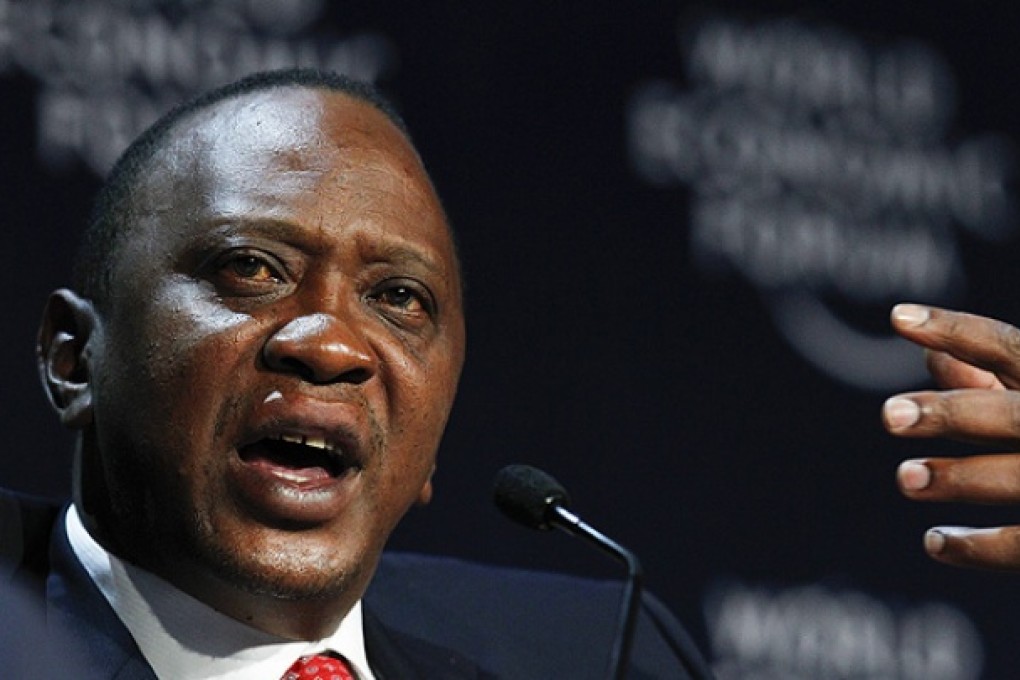Kenya's truth commission blames new president for violence
Kenyatta and his deputy named among the main suspects for killings and rights violations that wracked the country after the 2007 election

A long-awaited Truth Justice and Reconciliation Commission report named the Kenyan president and his deputy as among those suspected of planning and financing the country's 2007-08 post-election violence, in which more than 1,000 people died and 600,000 lost their homes.

Kenyatta's family members, especially his father, founding president Jomo Kenyatta, are named in the report as having presided over a government responsible for numerous human rights violations and illegal allocation of land.
The government-funded report, years in the making and released late on Tuesday, finds that Kenya's second and third presidents, Daniel Arap Moi and Mwai Kibaki, headed governments responsible for massacres, economic crimes and grand corruption, among other violations.
Kenyatta, who received the report late on Tuesday, said the government would take the recommendations seriously.
Kenya's state security agencies, particularly the police and army, have been the main perpetrators of rights violations, including massacres, enforced disappearances, torture and sexual violence, the report said.